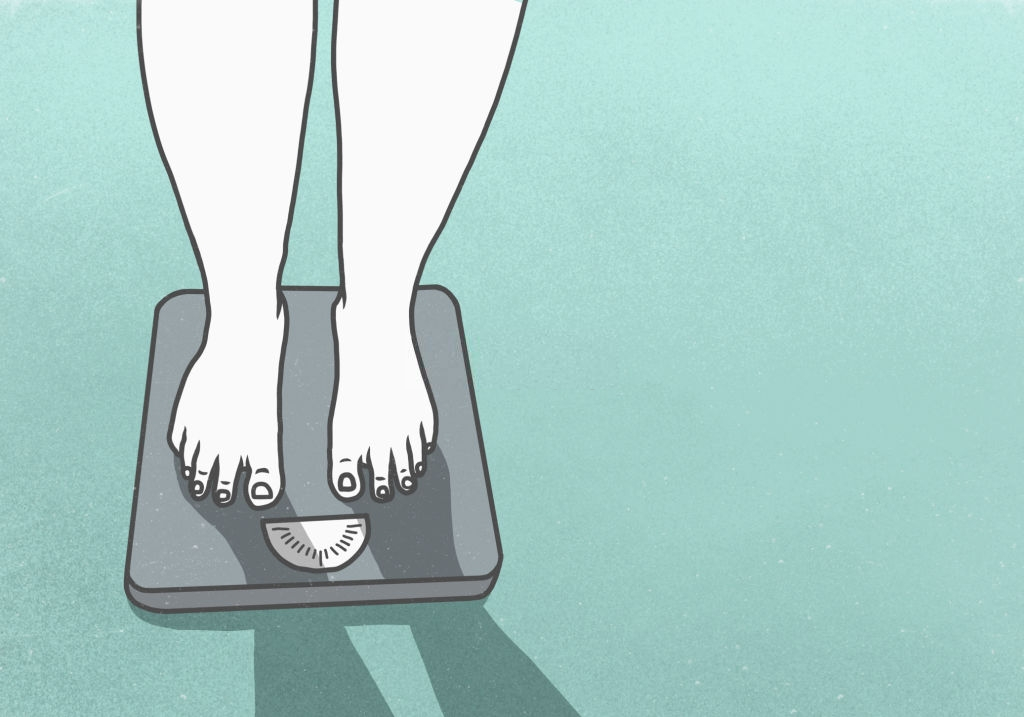For women transitioning through menopause, a lack of weight management and low metabolic health may increase the risk of diabetes, new research suggests. The findings were released in the online peer-reviewed journal Menopause by the North American Menopause Society (NAMS).
Diabetes, a disease caused by insulin resistance which results in high levels of blood glucose, is one of the most common illnesses, with an estimated 460 million adults affected worldwide, based on figures by the 2019 International Diabetes Federation.
According to NAMS researchers, the increased risk for type 2 diabetes is possible even among postmenopausal women of normal weight but lacking adequate metabolic health, such as irregular blood sugar, blood pressure, triglycerides, and waist circumference.
Based on participants from the Women’s Health Initiative (WHI) who have reached the postmenopausal phase, researchers found that those with lack of metabolic health but with normal weight, were just as likely as women with good metabolic health but with a high body mass index, to be at risk of developing diabetes.
“This study provides evidence that being of normal weight yet metabolically unhealthy is associated with increased risk for diabetes,” said Stephanie Faubion, an official at NAMS. “Educating women about the importance of maintaining a healthy weight and controlling cardiometabolic risk factors for diabetes and heart disease is important.”
Past studies have demonstrated a correlation between the transitioning to menopause and poor metabolic health, including its predisposition to developing cardiovascular disease, in addition to diabetes. Based on numerous studies, thus far, weight management is key to increased metabolic health, a lower risk of diabetes, and a subsequent healthier lifestyle.
NAMS is a US-based nonprofit organization devoted to the study of menopause and healthy aging among women in midlife founded in 1989.


